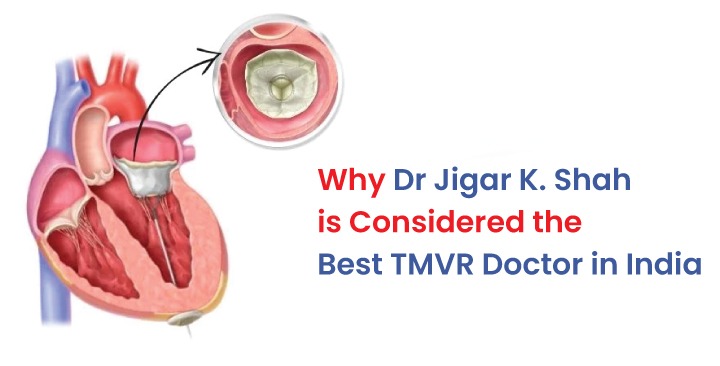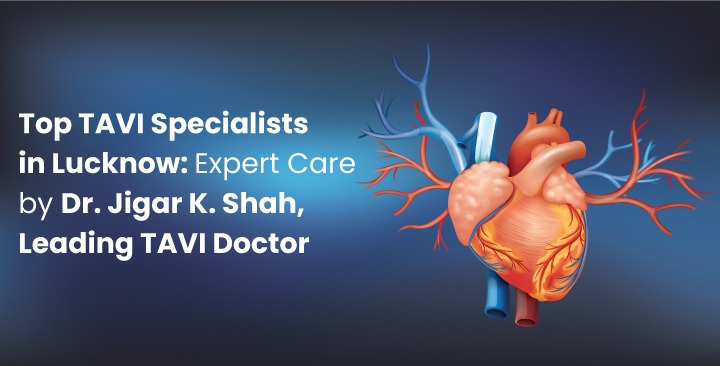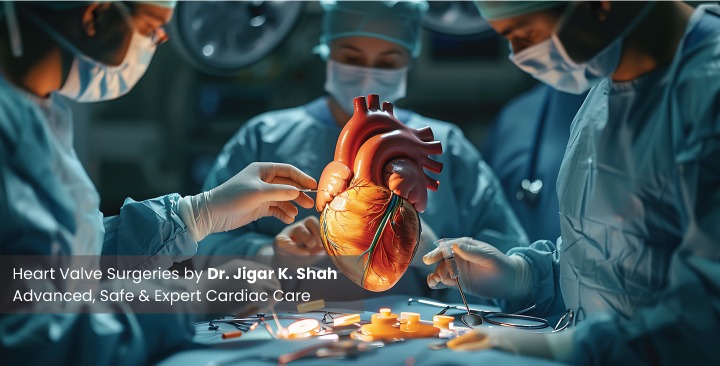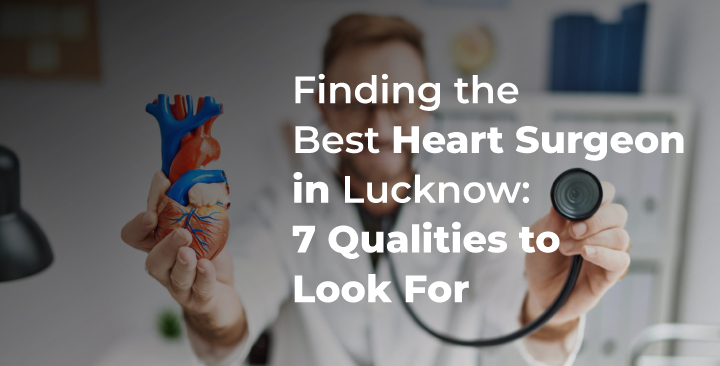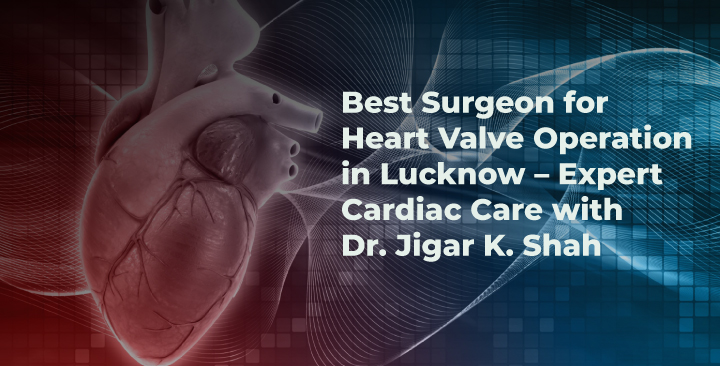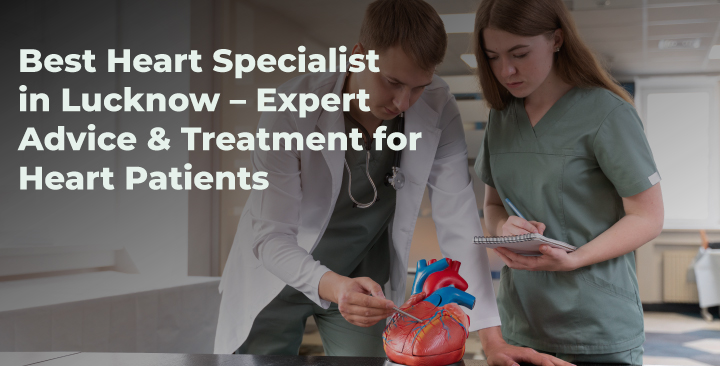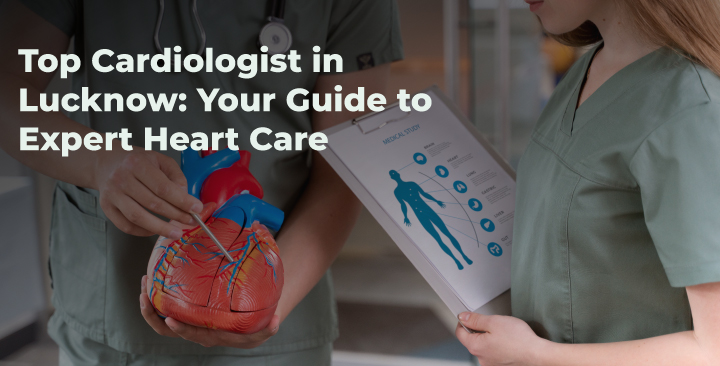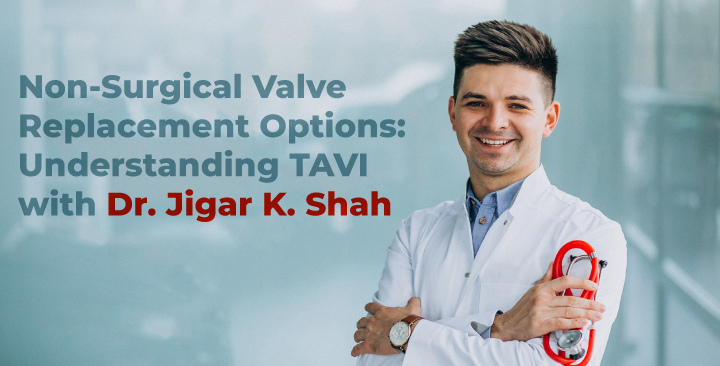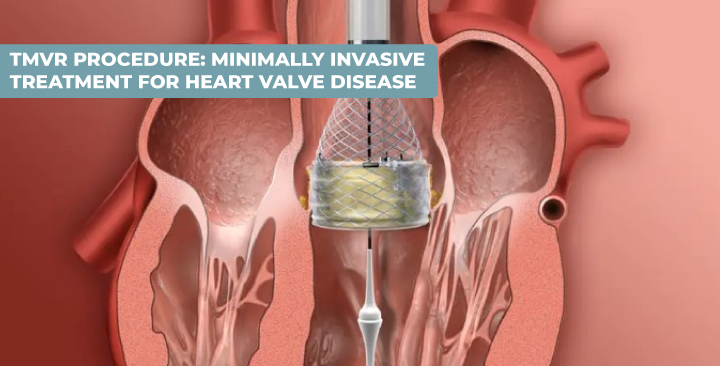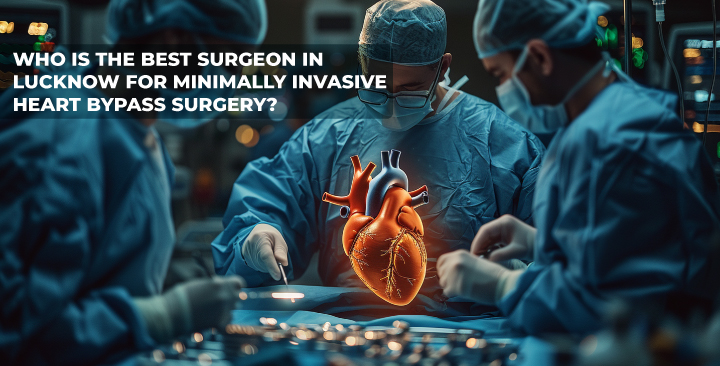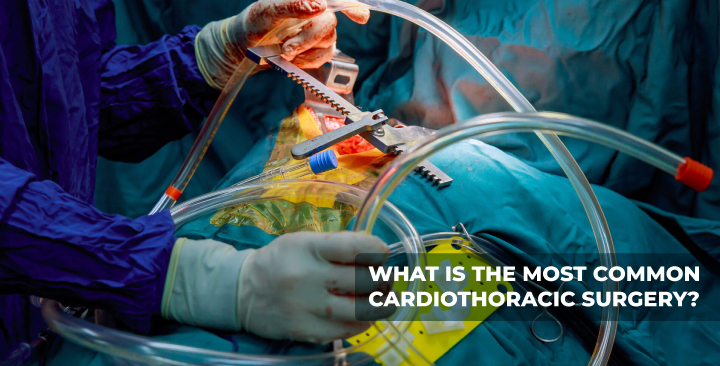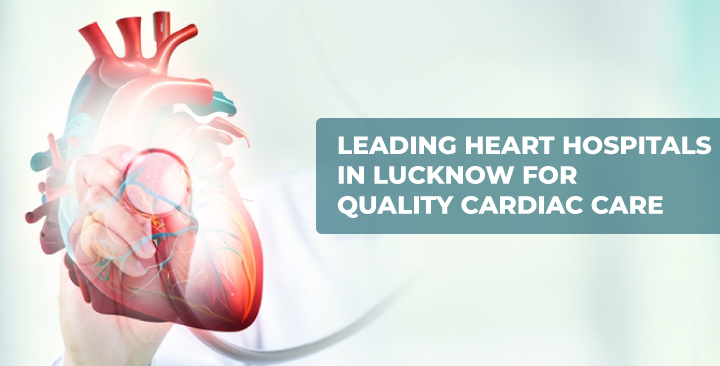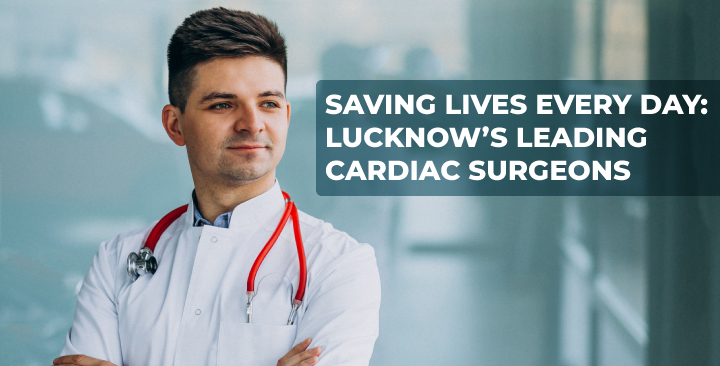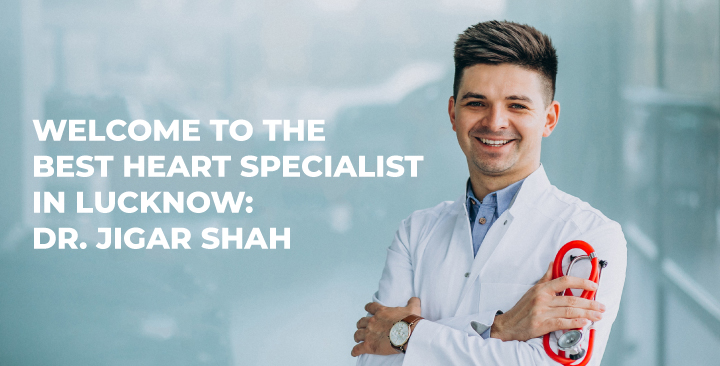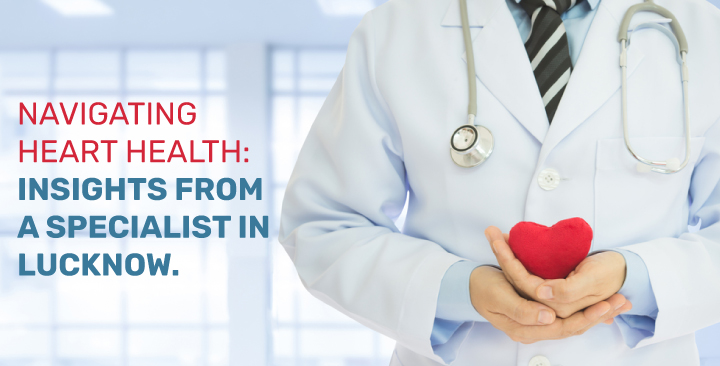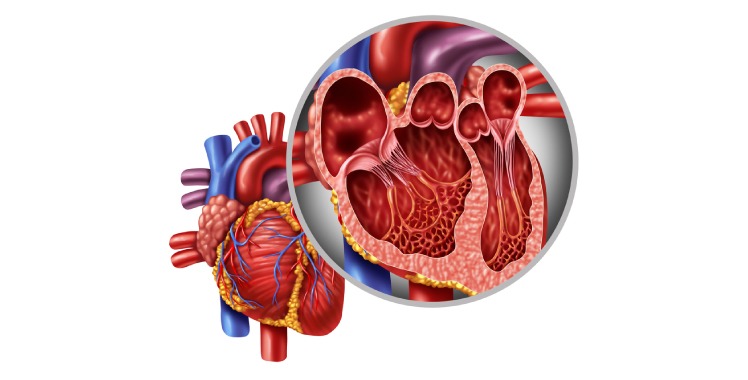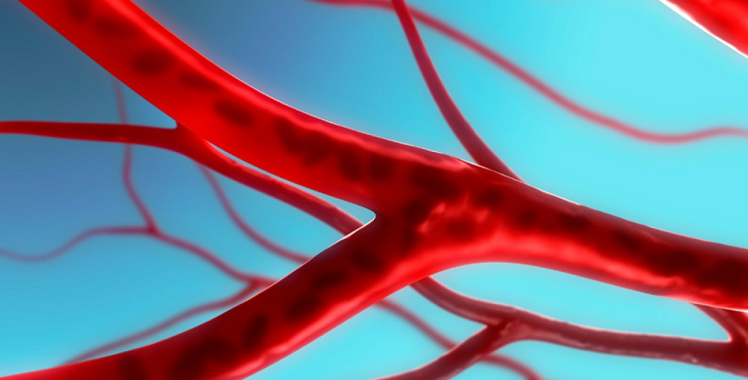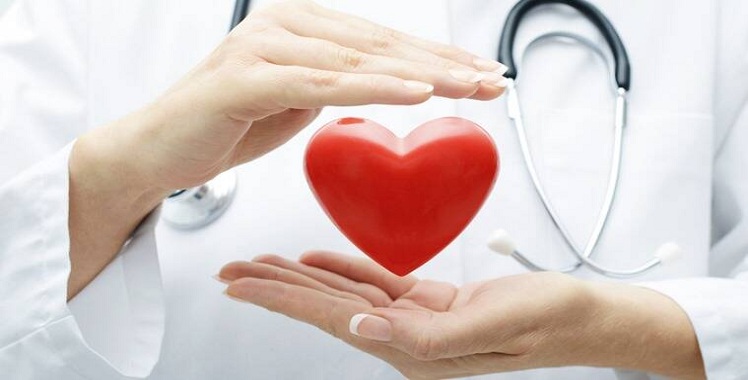
What a Cardiac Surgeon in Lucknow advices about Dos and Dont after Cardiac Surgery
Dr. Jigar K Shah22-Jul-2022
Dr Jigar Shah is a renowned Cardiac surgeon in Lucknow. He has been a heart surgeon for more than 8 years and is an expert in all aspects of heart surgery. He has helped many people and is ready to help you too. Dr. Jigar Shah underwent extensive training in all aspects of heart surgery and is always looking for new ways to make surgery safer and more comfortable for his patients.
A full recovery from open heart surgery can take up to three months, with the majority of that time spent at home. Understanding what you can and cannot accomplish is critical to a successful recovery. Keep these dos and don'ts recommended by Dr Jigar Shah the leading heart surgeon in lucknow in mind for a quick and complete recovery.
Do Establish A Pattern
Creating a daily routine will help you to avoid depression and allow your body to acclimate to being at home. Wake up at the same time every day, eat at the same times every day, schedule exercise, visits, and entertainment during the day, and go to bed at the same time every night.
Don't go overboard
The number of stairs you can climb and the quantity you can lift will be limited. Don't try to get away with it. The restrictions are in place to ensure that your sternum heals properly and that your heart does not overwork before it has fully recovered.
Attend Cardiac Rehabilitation if you have a heart condition.
Your heart will need to be strengthened while you heal. Your heart is constantly monitored as you exercise throughout cardiac rehabilitation. You'll regain strength and endurance, as well as trust in your heart's restoration.
Don't lie down for the entire day
If you're really exhausted, take a brief nap in the afternoon, but generally try to avoid sleeping during the day to allow your body to get back on track.
Do not forget to fasten your seatbelt.
You won't be allowed to drive until your sternum is totally healed. Wear your seatbelt if you're in a car. It's possible that the seatbelt will be uncomfortable against your chest. It might be more comfortable to use a little towel as padding.
A sternum that has been surgically repaired is actually a damaged bone that will take at least six weeks to mend completely. The majority of the activity restrictions are in place to preserve the sternum as it recovers.
Don't be concerned about a drop in concentration.
It's typical to feel foggy-headed following surgery, and you could notice a drop in your language or math skills at first. The majority of the time, this goes away within the first six weeks of recuperation.
Take your medications on a regular basis.
Many cardiac drugs must be taken on a daily basis at the same time. Keeping track of your pills with a pill keeper and an alert on your watch or phone will help you stay on track.
Don't be afraid to speak up. Inquire for assistance
Seek help if you've been sad or depressed for more than two weeks after returning home, or if you've been having bad thoughts. Following cardiac surgery, depression and anxiety are fairly prevalent.
Participate in a Peer Support Group.
It can be tremendously reassuring to speak with other people who have recovered from cardiac surgery. Look for a Mended Hearts or Women Heart program in your region, or ask your doctor about local support groups.
Don't Forget to Eat
Many people lose their appetites after cardiac surgery or discover that food tastes strange. For a long time, many people have a metallic taste in their tongues. It's critical to consume enough calories to support healing. It may be easier to eat four to six small meals per day rather than three larger meals. Even if you're not hungry, eat. Now is not the time to go on a diet or try to slim down. Consult your doctor or a dietician for ideas on how to get more calories into your diet, such as protein drinks or meal replacement beverages.
Keep emergency information posted on your refrigerator.
Prepare yourself. On a brightly coloured piece of paper, make a list of your prescriptions, your doctor's name and contact information, an emergency contact person, and your name and birthdate. Keep a copy of the information in your wallet or pocketbook and post it on your refrigerator.
Shower on a daily basis
While you won't be able to take a bath for a while, it's critical to keep yourself and your incision clean.
Don't Be Afraid of the Scale.
It is critical to keep track of your weight. Rapid weight gain is worrisome and could indicate difficulties. Every day, step on the scale and record your results. If you gain more than two pounds in a day or more than three pounds in a week, see your doctor.
Have Expectations That Are Reasonable
There will be days when things go well and days when things go wrong. Be kind with yourself, and keep in mind that full healing can take up to 12 weeks. When you're exhausted, take a break. Seek the company of folks that are on your side. Things will start to taste better as your heart and body health, and you will have more energy and be able to resume a normal life.
Conclusion
As you recuperate from open heart surgery, keep these Dos and Don'ts in mind. What you do at home has a significant impact on how quickly and successfully you recover.
In India, the number of patients with heart disease is on the rise. The increasing number of people with heart disease is a significant public health concern. For those who live in the Lucknow area, Dr. Jigar Shah has been specialized in treating patients with heart and lung disease. As a Heart Surgeon in Lucknow he offers a variety of treatments for patients with a range of symptoms, from patients who have had heart attacks to those who has developed valve related disease. Dr. Jigar Shah’s treatments include cardiac surgery,lung and vascular surgery as well as heart and lung failure management.

